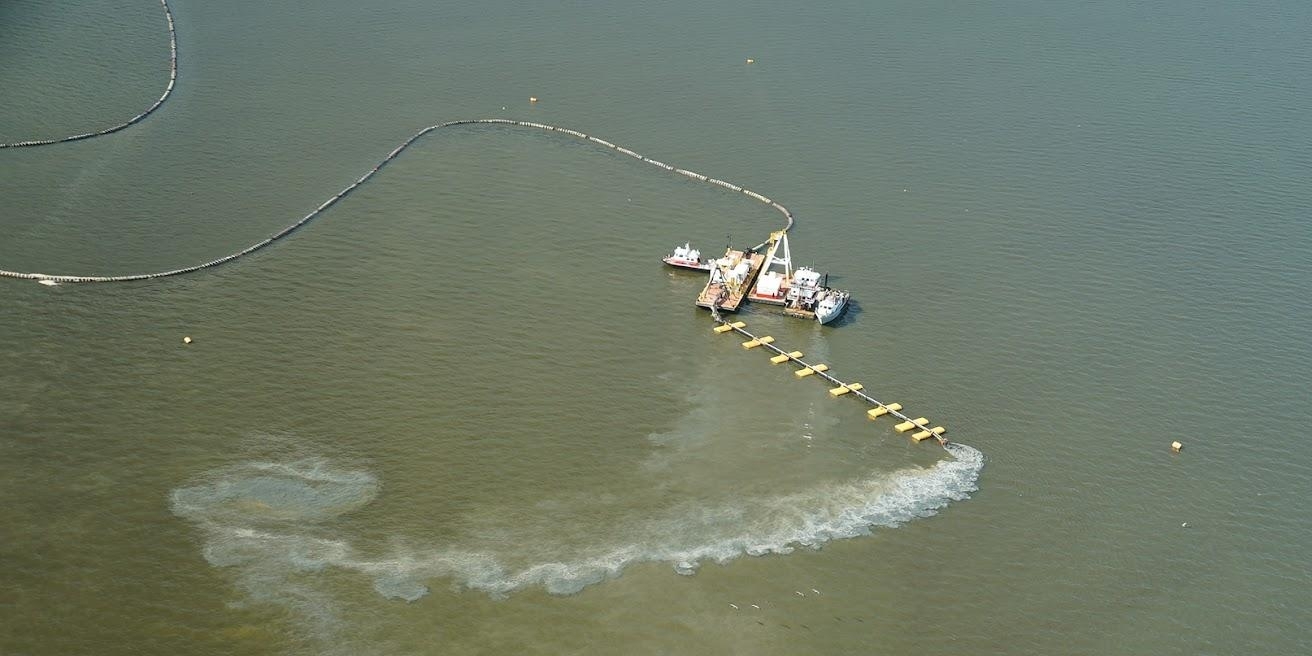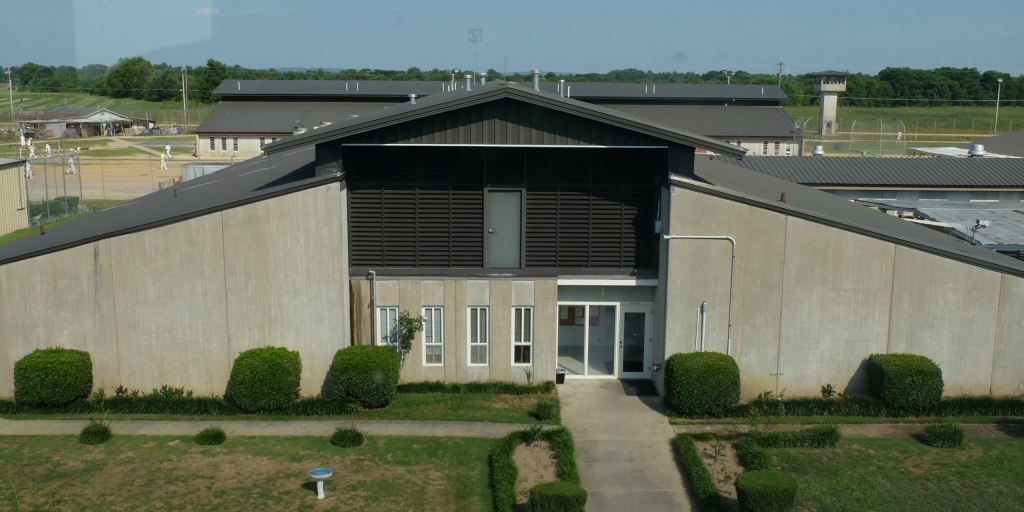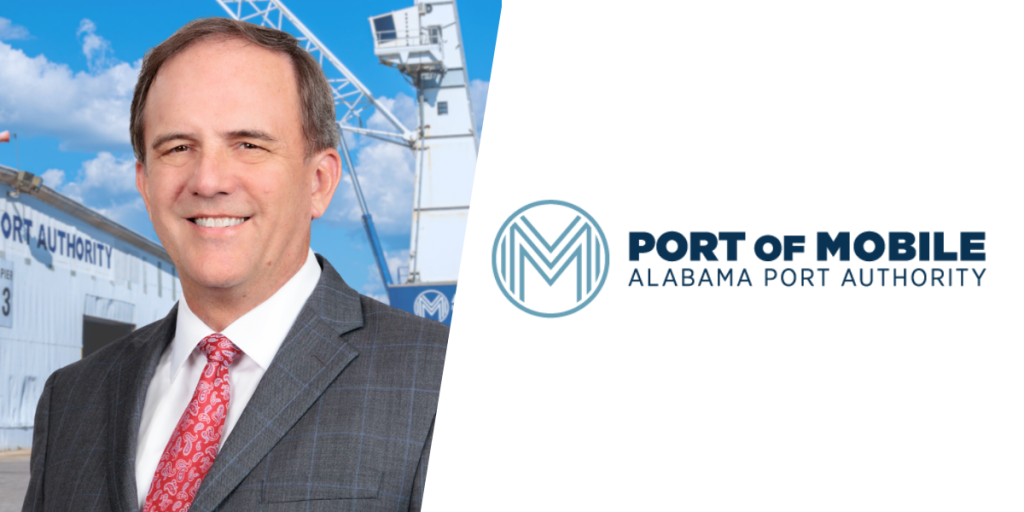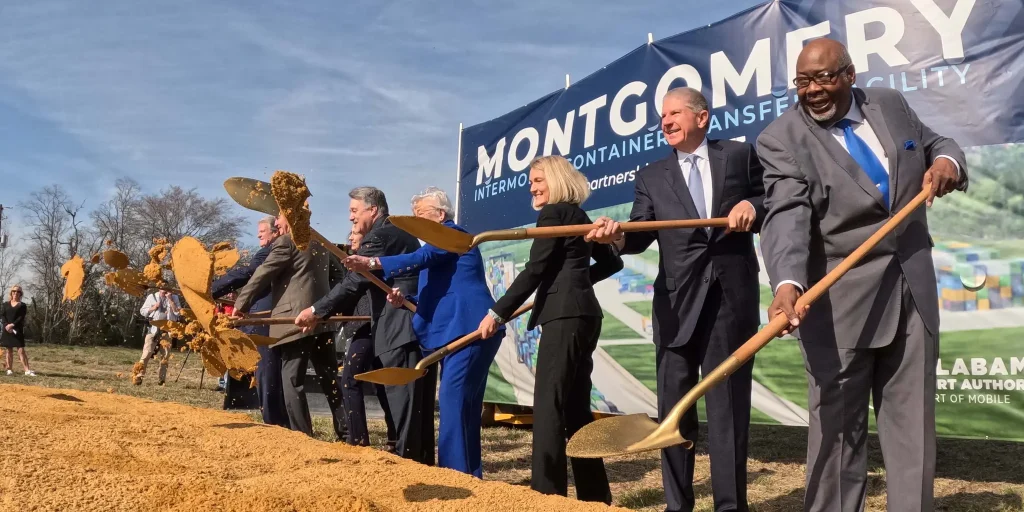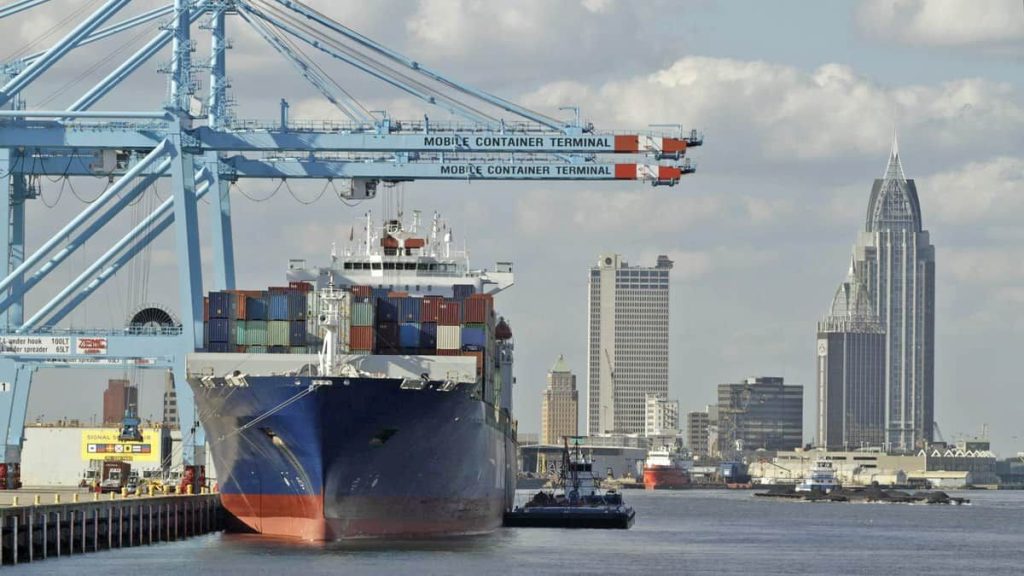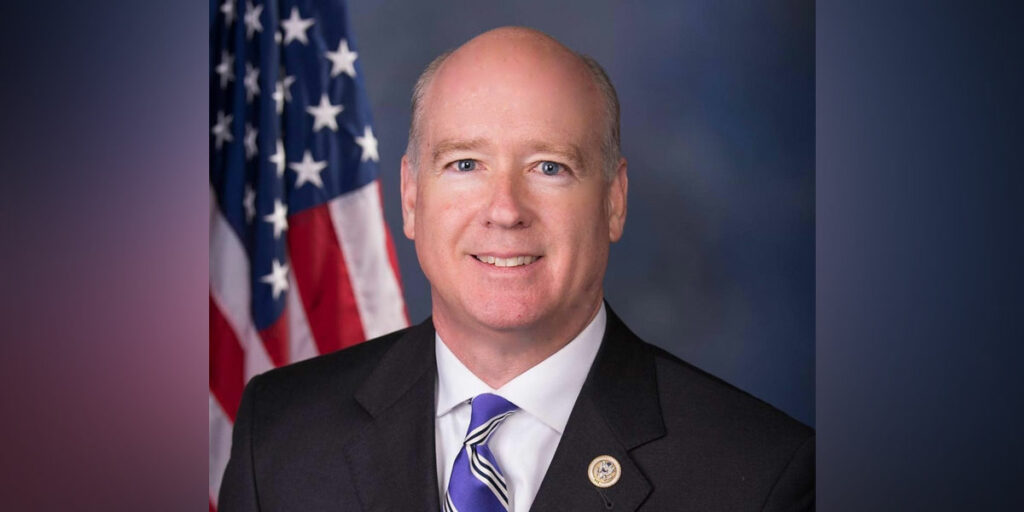Efforts to deepen and widen the Port of Mobile’s ship channel are drawing both strong support and determined opposition. The U.S. Army Corps of Engineers is carrying out the project to accommodate larger vessels, a move backed by the Alabama Port Authority and business advocates who point to the port’s role as a key economic driver for the state.
RELATED: Concerns grow over Mobile Bay sediment disposal as dredging project advances
According to NPR, supporters, including former Congressman Bradley Byrne, cite environmental agency assessments approving the project and say the expansion is essential for Alabama to compete in global trade. They also highlight the Corps’ use of “thin-layer placement” to return sediment to the bay, a method the agency says helps renourish habitats and is widely accepted for managing dredged material.
RELATED: Bradley Byrne: Mobile Baykeeper lawsuit against U.S. Army supported by ‘very leftwing organization’
However, environmental organizations, commercial fishermen, and several elected officials are pushing back. Critics contend the sediment disposal method is damaging shrimp and oyster habitats, reducing catches, and altering the bay’s ecosystem. They also point to past restrictions—such as a ban on this type of disposal in Mobile Bay from 1986 to 1996 under the Water Resources Development Act (WRDA)—as precedent for change.
RELATED: Mobile Baykeeper praises Sen. Britt’s role in securing federal funds for dredging project
One of the most vocal opponents, Mobile Baykeeper, has been urging the Corps for years to end the practice. The group is now asking Congress to intervene by banning it in the upcoming appropriations bill or in next year’s WRDA. Baykeeper Executive Director William Strickland says they are not seeking to stop the dredging itself, only the way the dredged material is disposed of. The organization has filed a notice of intent to sue the Corps under the Endangered Species Act and alleges that other environmental laws have also been violated.
Other opponents include Bayou la Batre Mayor Henry Barnes and State Senator Chris Elliott. They argue for alternatives such as using existing disposal sites like Gillard Island, directing more dredged material toward coastal restoration projects, or transporting it offshore to the Gulf of Mexico.
The debate continues as both sides weigh the balance between economic growth and the long-term health of Mobile Bay’s environment and fishing industry.
Sherri Blevins is a staff writer for Yellowhammer News. You may contact her at [email protected].




